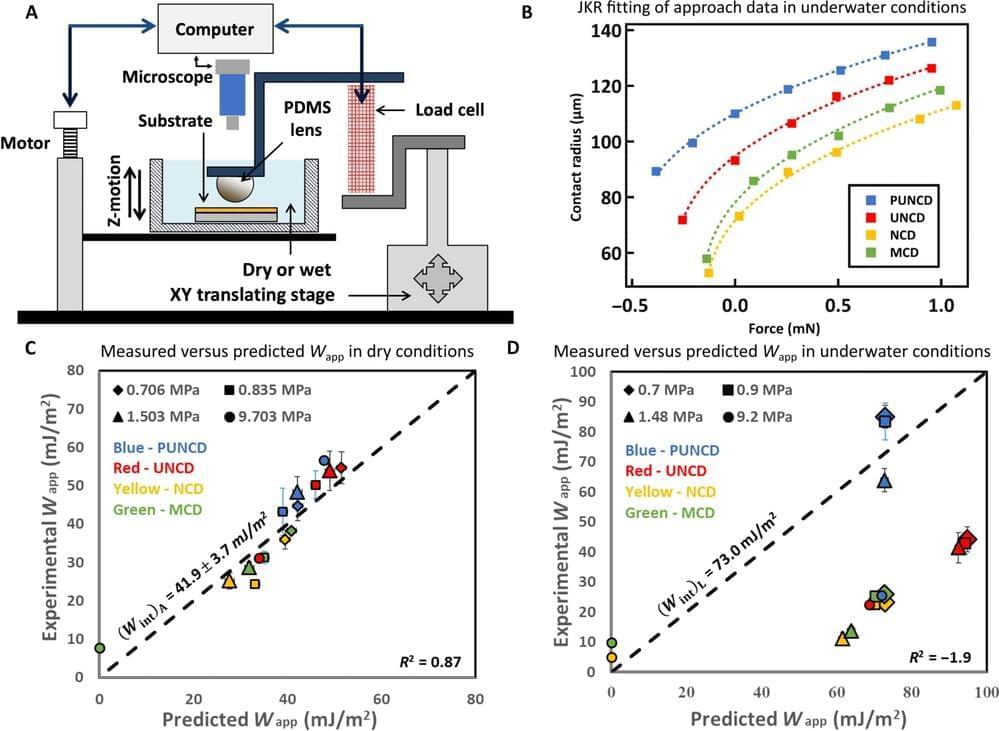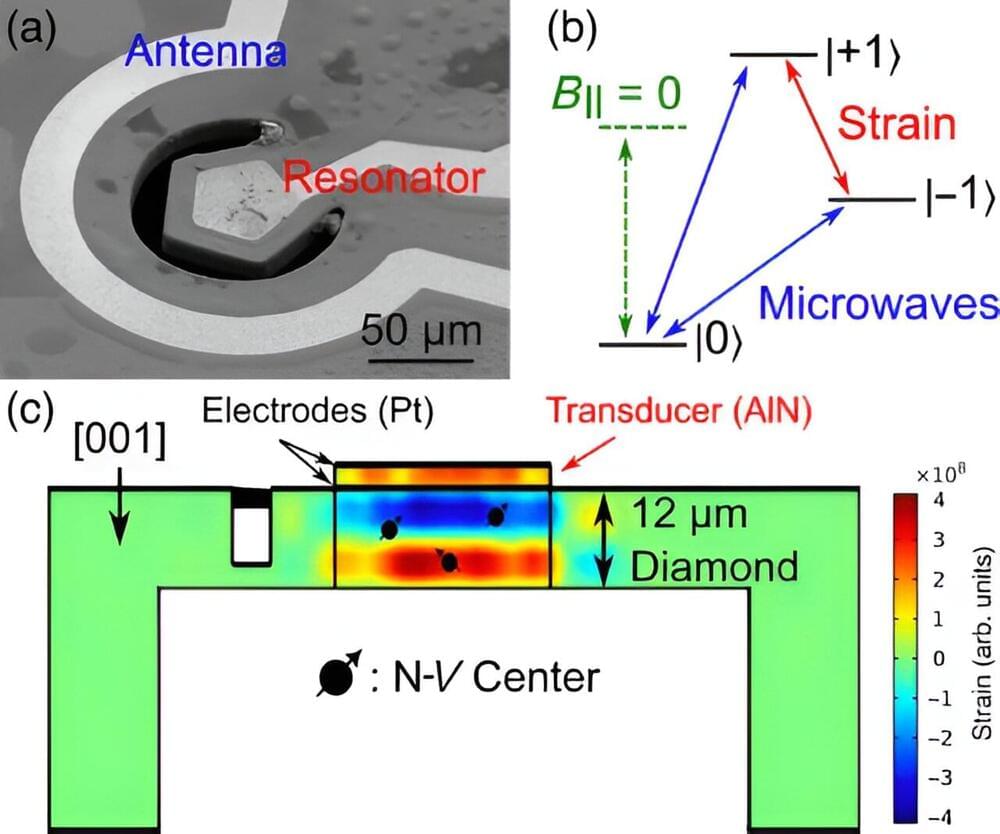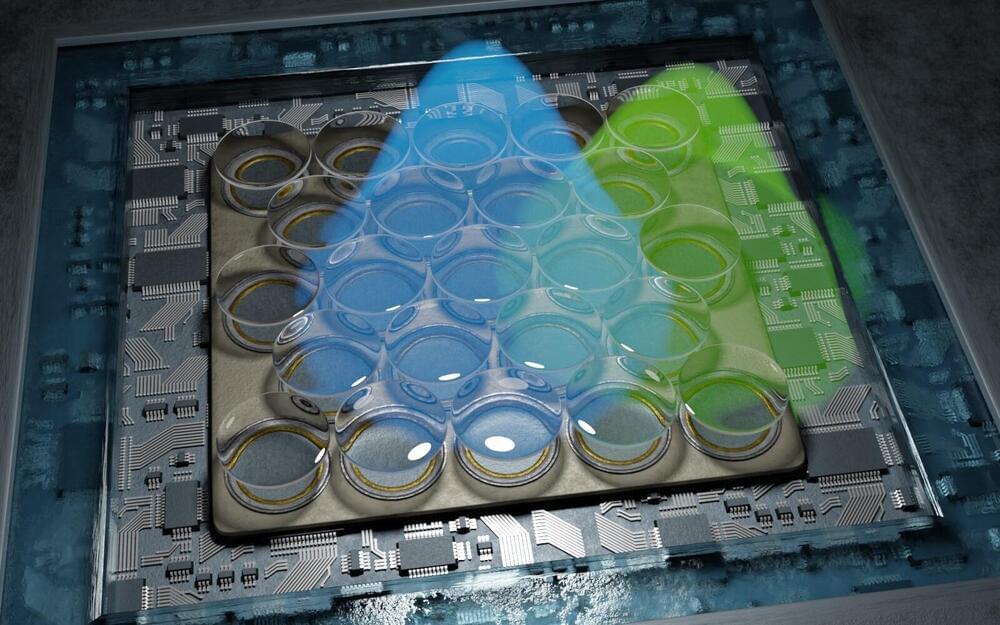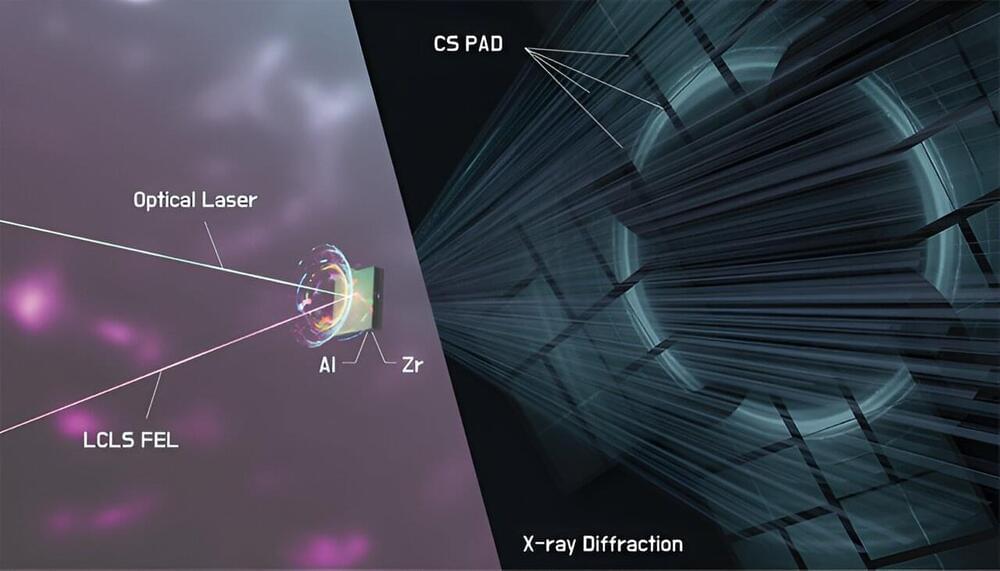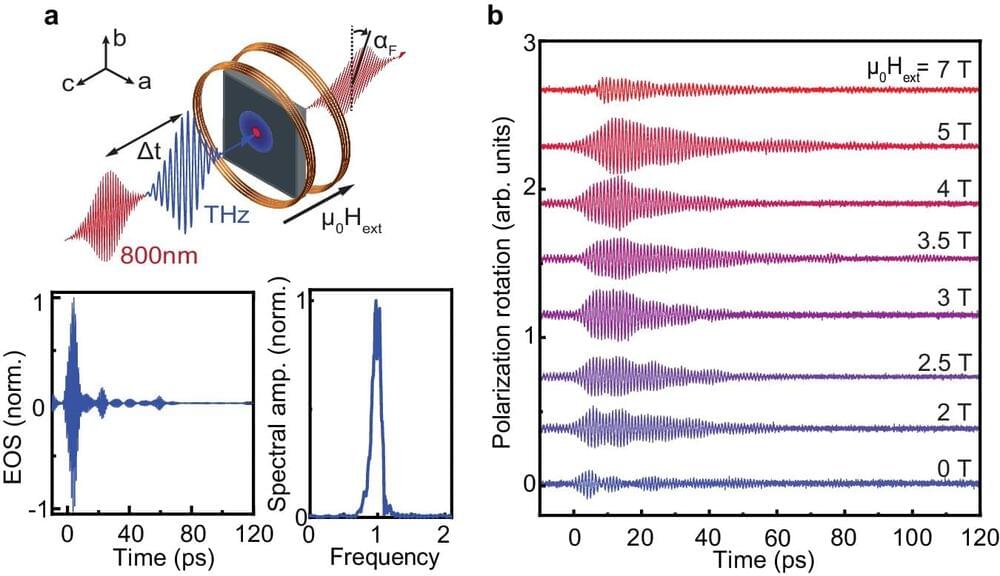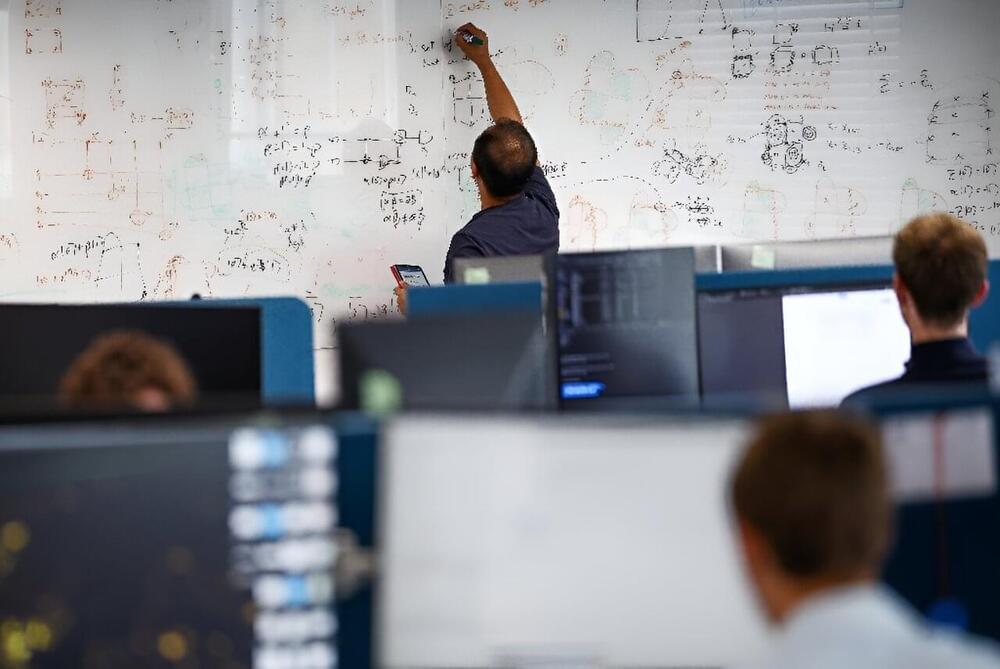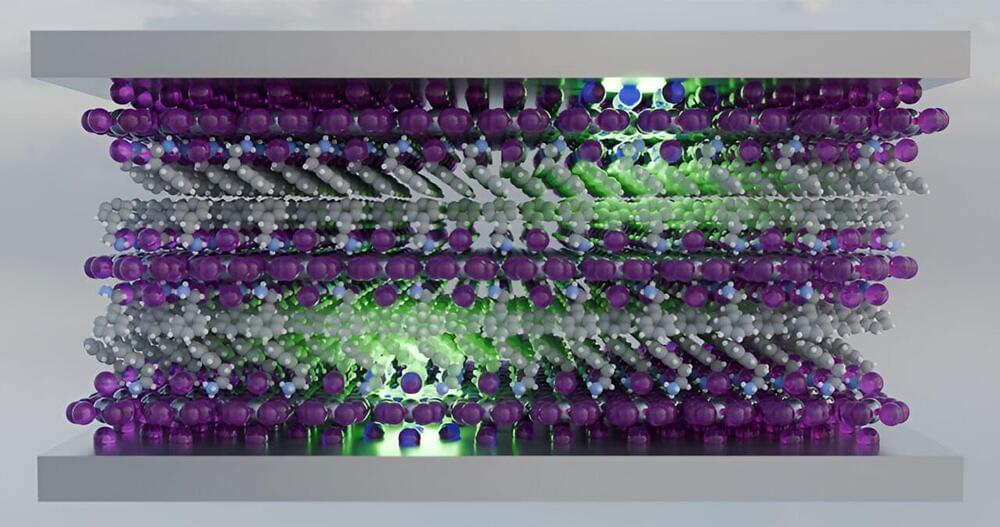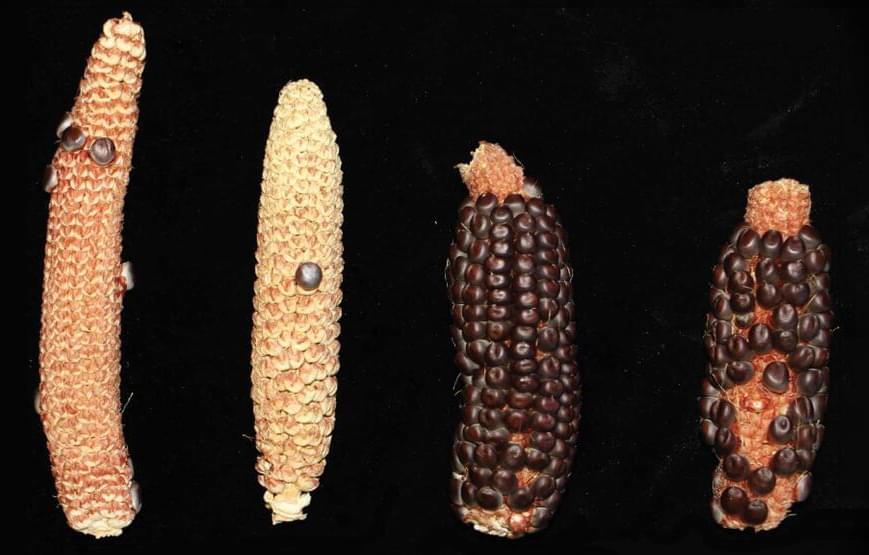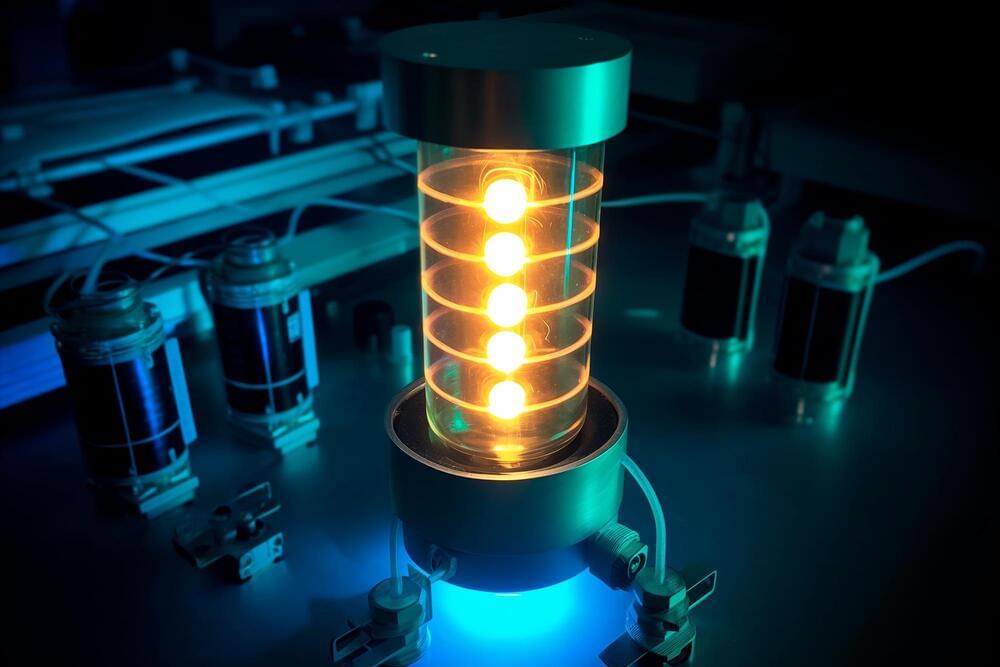
CU Boulder scientists have found how ions move in tiny pores, potentially improving energy storage in devices like supercapacitors. Their research updates Kirchhoff’s law, with significant implications for energy storage in vehicles and power grids.
Imagine if your dead laptop or phone could be charged in a minute, or if an electric car could be fully powered in just 10 minutes. While this isn’t possible yet, new research by a team of scientists at CU Boulder could potentially make these advances a reality.
Published in the Proceedings of the National Academy of Sciences, researchers in Ankur Gupta’s lab discovered how tiny charged particles, called ions, move within a complex network of minuscule pores. The breakthrough could lead to the development of more efficient energy storage devices, such as supercapacitors, said Gupta, an assistant professor of chemical and biological engineering.
